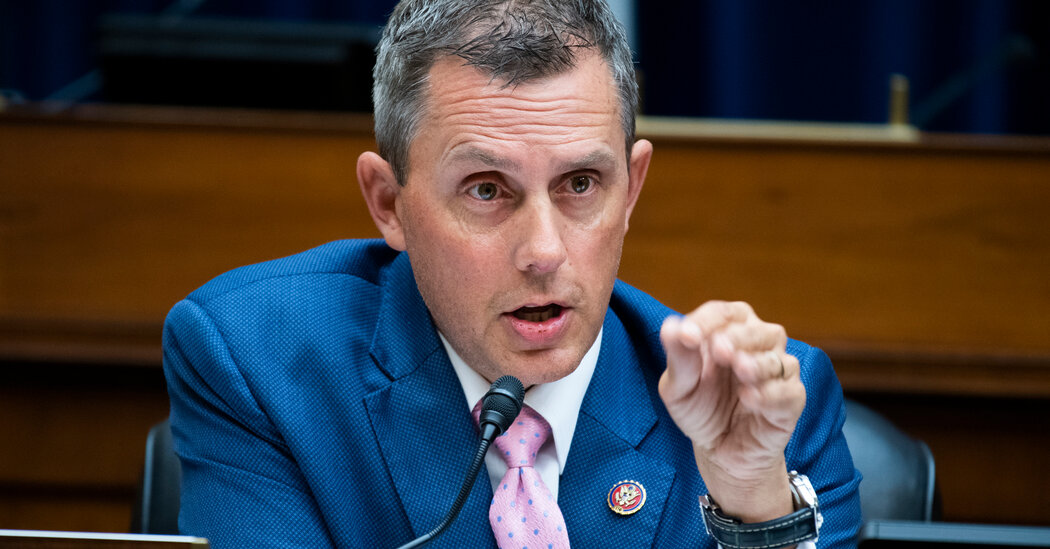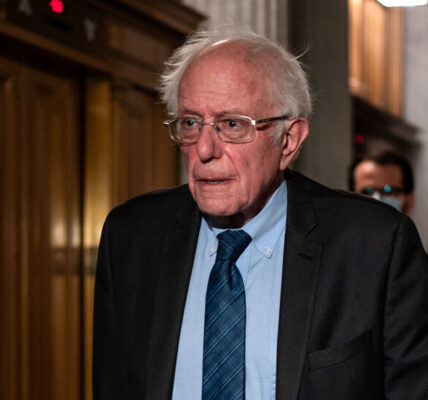Representative Kelly Armstrong won the Republican nomination for governor of North Dakota, The Associated Press said on Tuesday, defeating the state’s lieutenant governor, Tammy Miller, and positioning himself as the strong favorite in the general election.
The primary featured two Republicans who are well known in the state and whose platforms shared many similarities. Mr. Armstrong, a lawyer and a former state Republican Party chairman, was elected to Congress in 2018 from North Dakota’s lone House district. Ms. Miller, an accountant and businesswoman, was appointed as lieutenant governor last year after working as Gov. Doug Burgum’s chief operating officer.
On the campaign trail, both candidates emphasized their support for former President Donald J. Trump and, as one debate moderator put it, tried to “out-conservative the other.” Mr. Armstrong and Ms. Miller each called for cracking down on illegal immigration and for pushing back on President Biden’s agenda.
This year’s race for governor did not take shape until relatively late in the cycle, as Republicans waited to see whether Mr. Burgum would seek a third term. Mr. Burgum, a business-oriented Republican, sports-north-dakota-government-and-politics-8ddd363288233d6c0ca85d0ddc75b5c2″ title=”” rel=”noopener noreferrer” target=”_blank”>sometimes bucked the right flank of his party on transgender issues. After failing to gain traction in the Republican presidential primary, he announced in January that he would not seek another four years as governor.
Mr. Burgum, whom some have mentioned as a potential running mate for Mr. Trump, has emerged in recent months as a more outspoken supporter of the former president.
In the campaign for governor, Mr. Armstrong made the case that his years in Congress, and the relationships he had built, would help him look out for North Dakota’s interests. Ms. Miller sought to paint herself as a political outsider whose business background would shape her approach to governing.
The Republican nominee will face State Senator Merrill Piepkorn, a Democrat from Fargo who was unopposed in his party’s primary, in November.
Though North Dakota voters have occasionally been open to Democrats in the past — Heidi Heitkamp, a moderate Democrat, won a Senate race in 2012 — Republicans have dominated recent statewide elections. Four years ago, Mr. Trump carried the state by 33 percentage points, and Mr. Burgum won re-election by an even greater margin.
North Dakota is a largely rural state, and one of the country’s least populous, though its energy industry has brought an influx of new residents to western North Dakota over the last 15 years. As of April, the state’s 2-percent unemployment rate was tied for the lowest in the country.




